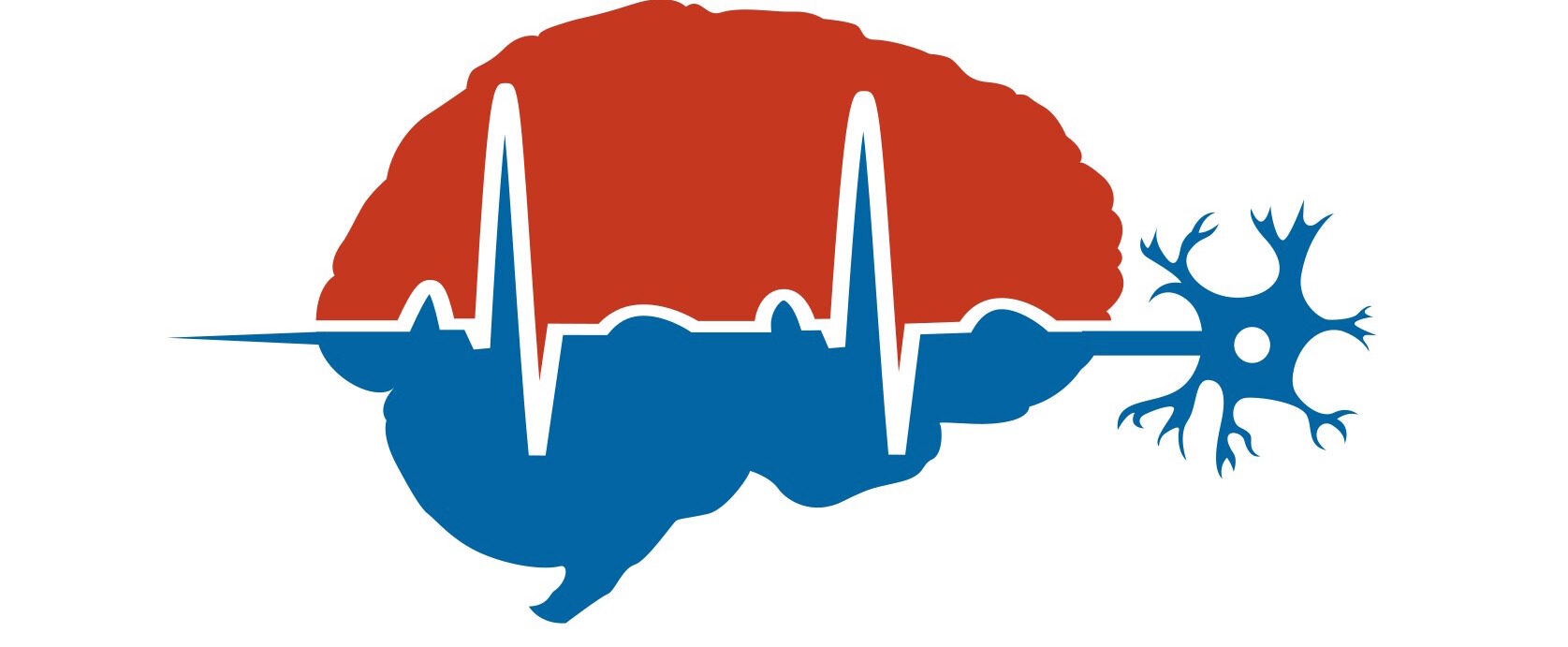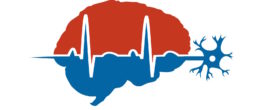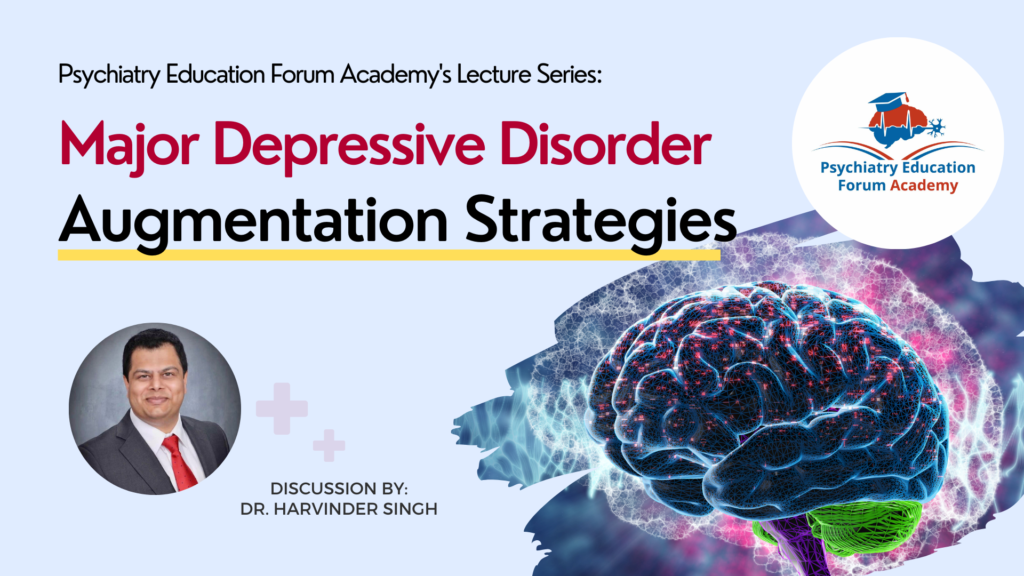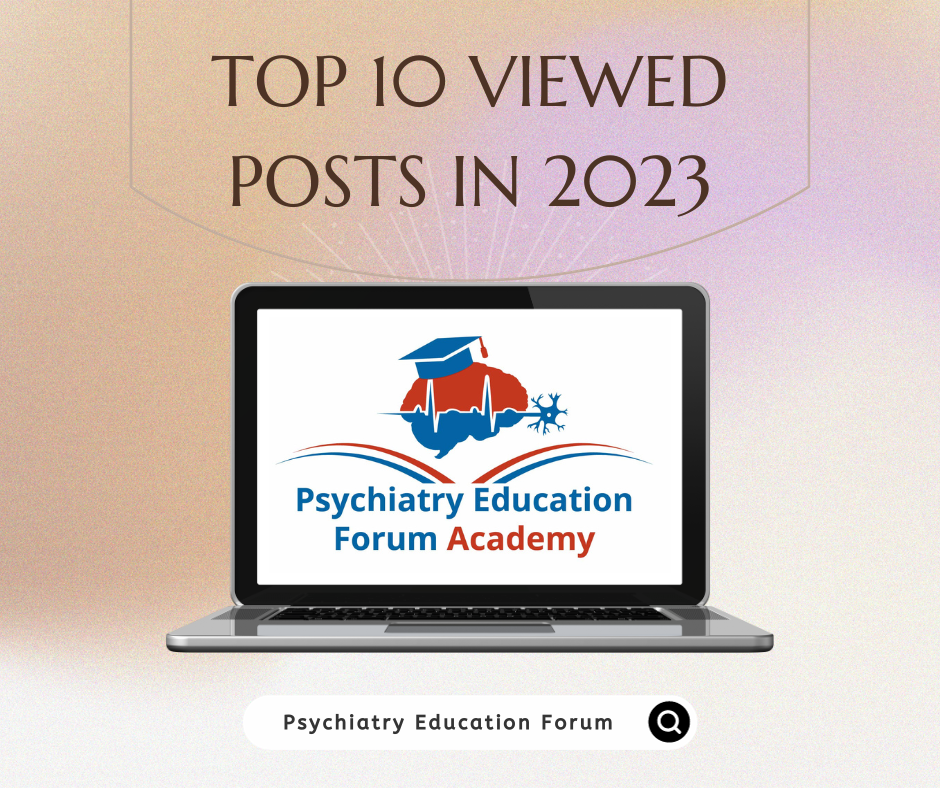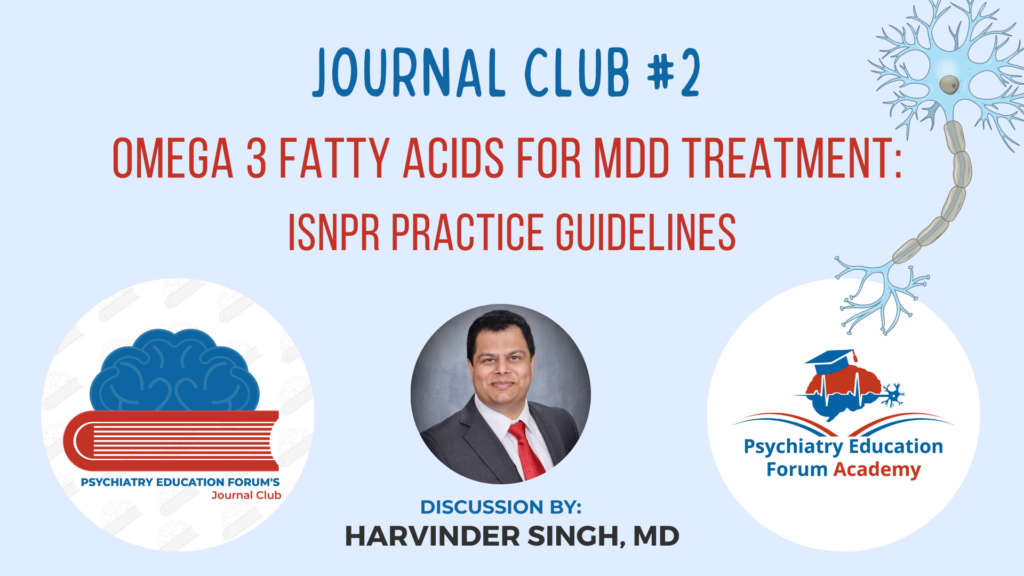Can Vortioxetine Help with “Brain Fog” in Post-COVID Depression?


📌 Background
Cognitive dysfunction—including poor memory, attention, and processing speed—has emerged as a hallmark of post-COVID syndrome, especially in patients with comorbid depression. With limited treatment options available, this new prospective, open-label, study evaluated vortioxetine’s efficacy for improving both mood and cognitive function in this unique patient population.
- Published in The Journal of Clinical Psychiatry, July 2025
🧪 Study Design
Population: 140 adults with new-onset MDD as PCS (post-COVID syndrome) outcome
Setting: Prospective, open-label, carried out in 1 clinical site
Intervention: Vortioxetine at 10–20 mg/d (n = 70), Escitalopram 10–20 mg/d (n = 36), or Sertraline 50–200 mg/d (n = 34)
Duration: 8 weeks
Outcomes measured:
Depression: Montgomery-Åsberg Depression Rating Scale (MADRS)
Cognitive function: Digit Symbol Substitution Test (DSST), Patient Reported Outcome Measurement Information System Fatigue Short Form 7a (PROMIS 7a)
📊 Key Results
Cognitive performance
- Participants assigned to vortioxetine exhibited significant changes in DSST scores from baseline to end point compared to escitalopram or sertraline.
Depression symptoms:
- Participants in the vortioxetine treatment group reported significantly greater changes in total MADRS scores from baseline to end point compared to escitalopram or sertraline.
💬 Clinical Commentary
This study adds to the growing evidence that vortioxetine, a multimodal antidepressant, may offer unique cognitive benefits, particularly in patients experiencing post-COVID cognitive and emotional symptoms.
These findings align with earlier trials (e.g., CONNECT and FOCUS) showing vortioxetine’s pro-cognitive effects across various patient populations—even beyond depressive symptoms.
✅ Clinical Takeaway
For patients with MDD and post-COVID syndrome, vortioxetine may offer a meaningful option to target both depressive and cognitive symptoms. While further controlled studies are needed, this study supports its use in outpatient settings where cognitive complaints are prominent.
Want the latest research insights delivered straight to your inbox?
FOR ACADEMY MEMBERS:
Psychotropic Medication of choice to Improve Cognition in MDD
Is Vortioxetine Effective for Emotional Blunting in MDD?
Serotonin Modulators: Vortioxetine vs Vilazodone
We continue to review and summarize clinically relevant research to support your daily practice.
INTERESTED IN ACCESS TO THIS & OTHER CLINICALLY RELEVANT LECTURE SERIES?
JOIN ACADEMY MEMBERSHIP:
This is a closed membership for medical professionals only.
- 400+ Clinically Relevant Chapters: Each chapter within these sections is of direct clinical relevance for your daily practice. (Table of Content)
- Journal Club: we will post the most recently published psychiatry articles relevant to your daily clinical practice. (Read Content)
- Clinical Case Discussion: Dr. Singh (Psychiatry) and Dr. Kaur (Family Medicine) discuss clinical cases to integrate the clinical cases from Psychiatry and Medicine. (Read Content)
- Monthly Insights: Gain access to our monthly sessions featuring the latest on recent publications, new medication approvals, FDA updates, and more. (Monthly Insights)
- Discussion Forum & Community: Connect with other medical professionals and discuss your difficult-to-treat clinical cases. (Academy Network)
- Goal: is to have all important clinically relevant topics in one place for ease of access.
DISCOUNTS AVAILABLE FOR: Residents & Students ONLY.
Email us your student information (program information and way to confirm your student status) to: [email protected]
© 2026 All Rights Reserved.
